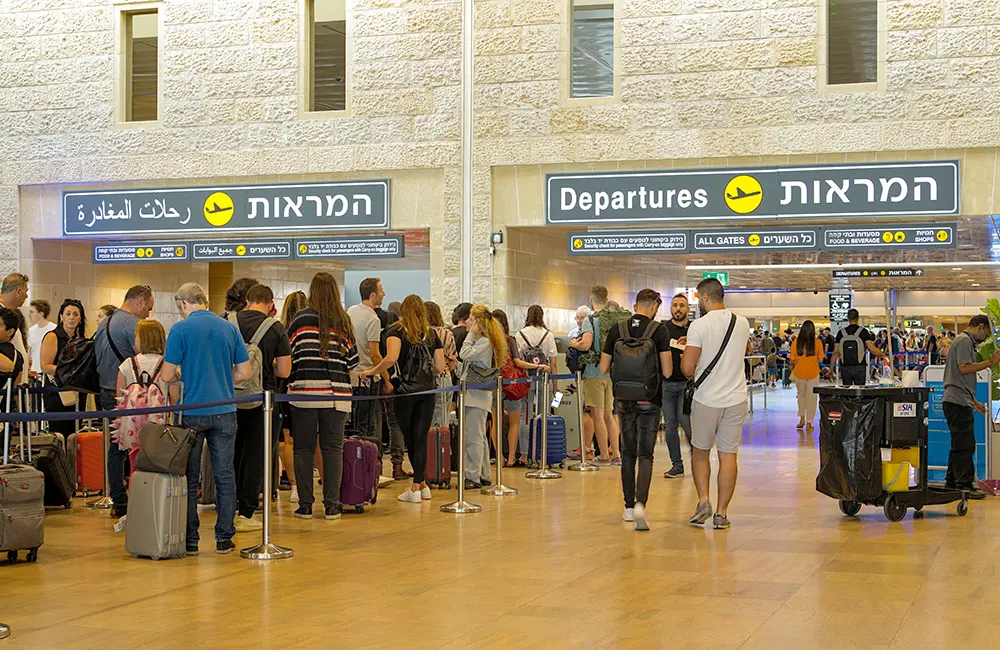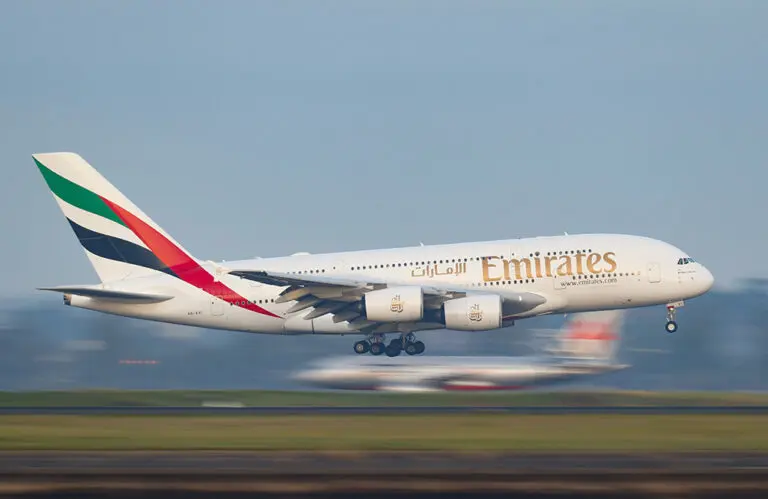As Iran and Israel continue to fire missiles at each other, the Australian Government has upgraded its travel advice for Aussies considering heading to the region.
Previously, the Department of Foreign Affairs and Trade (DFAT) had warned Australians against any travel to parts of Israel and the Occupied Palestinian Territories – including Gaza and neighbouring areas, regions bordering with Lebanon and the West Bank.
However, with the latest attacks, DFAT has widened its highest travel advice level (‘Do not travel’) to the entire country, making the whole region – including Lebanon, Syria, Iraq and Iran – a no-go zone.
“Due to the deteriorating security situation, we advise, do not travel to Israel and the Occupied Palestinian Territories due to the volatile security situation, armed conflict, civil unrest and terrorism,” it states on its Smartraveller website.
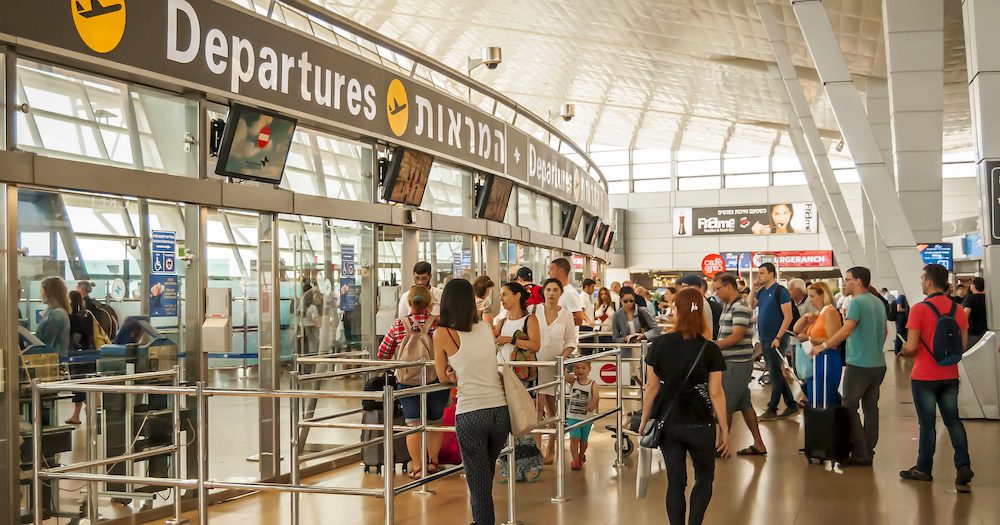
“Following military strikes in Iran, there are military and rocket attacks against Israel. Israel has declared a national state of emergency.”
“In an attack or other armed conflict, you should take shelter, follow the advice of local authorities and monitor local media and public safety information updates through the National Emergency Portal.”
On top of missile strikes, the department warns that “terror attacks can occur anywhere at any time, including by lone actors”.
“Be alert to personal safety risks. There continues to be a very high threat of military and terrorist attacks against Israel and Israeli interests across the region.”
The department also issued updated travel advice for the entire Middle East and Gulf region on Friday.

In line with Australian updates, the UK Government has also upgraded its advice to the region, now warning Britons “against all travel to Israel and the Occupied Palestinian Territories”.
Included in the alerts were tourist destinations including Egypt, Morocco, Tunisia, Jordan, Cyprus and the United Arab Emirates.
Meanwhile, in the US, authorities have stopped short of declaring all of Israel a no-go zone, with most of the country still at the second highest travel advice level – Level 3 (with risk): Reconsider travel with higher security risk areas to avoid.
In January this year, a brokered ceasefire between Israel and Hamas triggered cautious optimism within the travel industry, the aviation sector and among those considering holidaying in the Middle East region. That positive news seems a distant memory as an Israel-Iran conflict now wages.
Air travel update
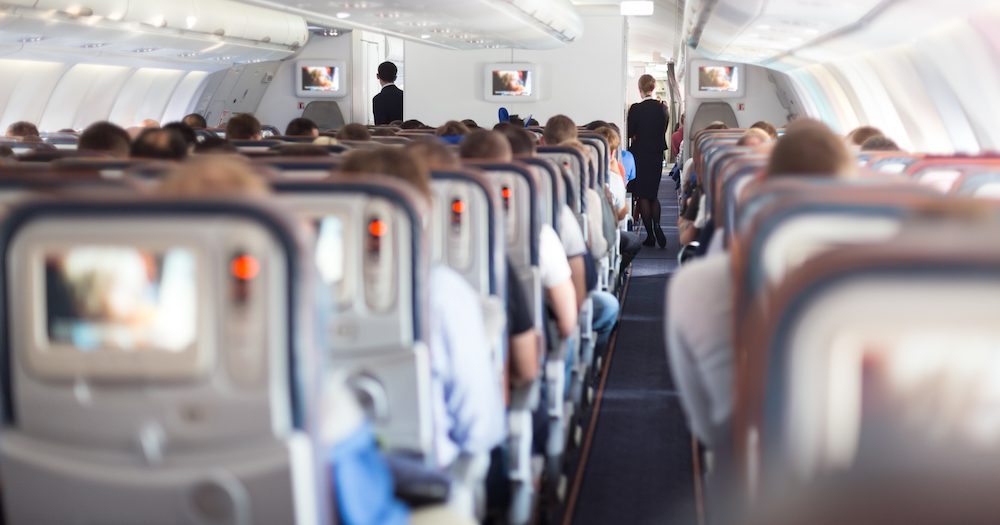
Airlines continue to suspend, cancel or reroute flights in the region as airports and airspace close. Israel’s main hub, Ben Gurion Airport, states that all flights to and from the gateway are “cancelled until further notice” due to the “current special security situation”.
DFAT says that, “flight cancellations and disruptions could continue with little or no notice, including due to airport and airspace closures”.
“Check with your airline for the latest updates before travelling. If you’re in Israel, you should depart when it’s safe to do so,” it states.
According to state media, Iranian and Iraqi airspace have been closed until further notice, including a busy air corridor linking Europe with the Gulf and Asia. Meanwhile, Jordan has also “temporarily” closed its airspace to all flights, Al Jazeera reported.
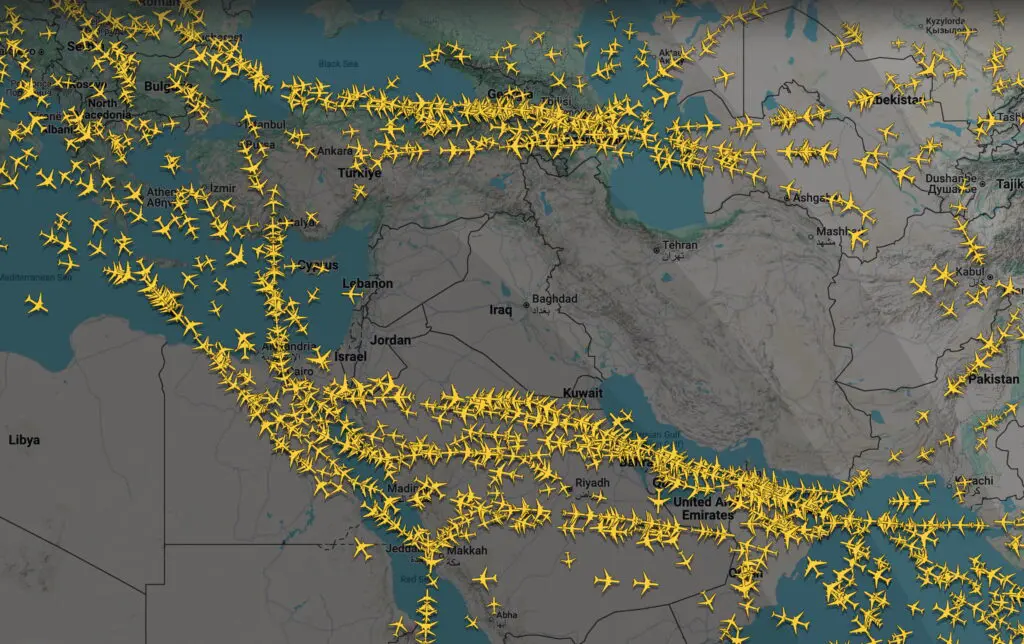
A look at Flightradar early on Monday revealed the wide berth airlines are giving the region, altering their flight paths south via Egypt and Saudi Arabia or north via Turkey, Azerbaijan and Turkmenistan.
Citing Eurocontrol data, Reuters reports that around 1,800 flights have either been cancelled or diverted in the region, which has a flow-on effect of increasing fuel costs, impacting profitability and potentially increasing airfares. This compounds the ongoing closure of Russian and Ukrainian airspace.
Affected airlines
According to Al Jazeera, among the carriers to make schedule changes are Israel’s El Al Airlines, who have suspended all flights to and from Israel, along with Middle Eastern carriers Turkish Airlines, Etihad, Emirates, Qatar Airways, and low-cost operations including flydubai, Pegasus Airlines and Israir.
Others include European carriers Air France KLM, Lufthansa, SWISS, Ita Airways, Aegean Airlines LOT Polish Airlines and budget airlines Ryanair, Easyjet and Wizz Air.
Elsewhere, United Airlines and Delta Air Lines have also paused flights to Tel Aviv, while Air India said many of its flights were being diverted or returned to their origin, including New York, Vancouver, Chicago and London-bound services.
Qantas told Karryon there have been “no material impact or changes” to its scheduling.
It added that Qantas has “a number of flight path options that we utilise for our flights to Europe and these are reviewed regularly based on factors including weather and security”.
“We alter our flight paths if needed based on changes in these conditions.”



